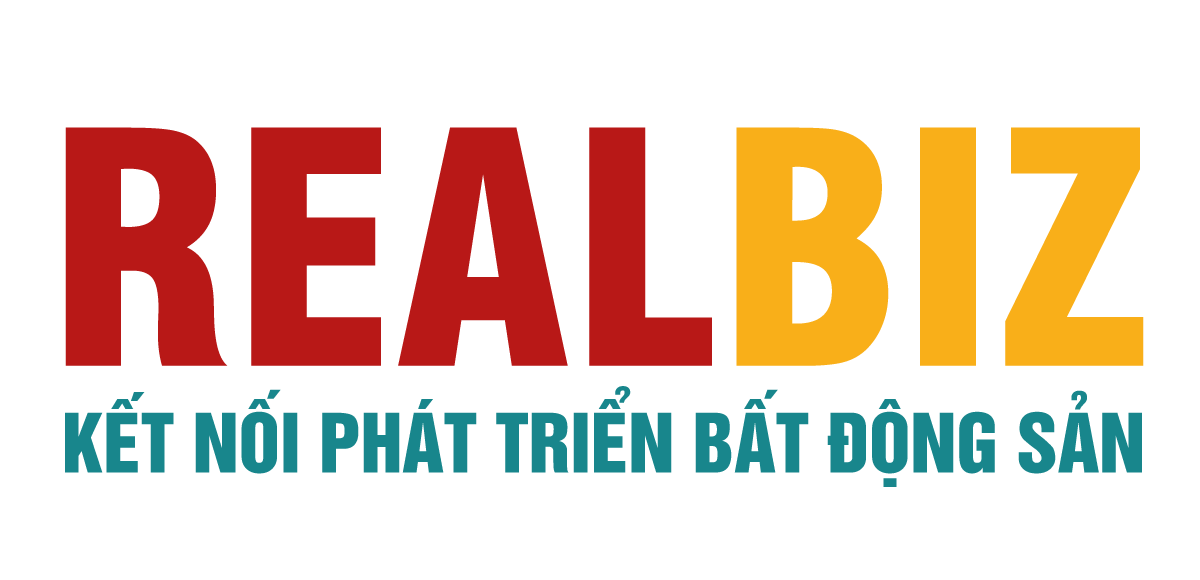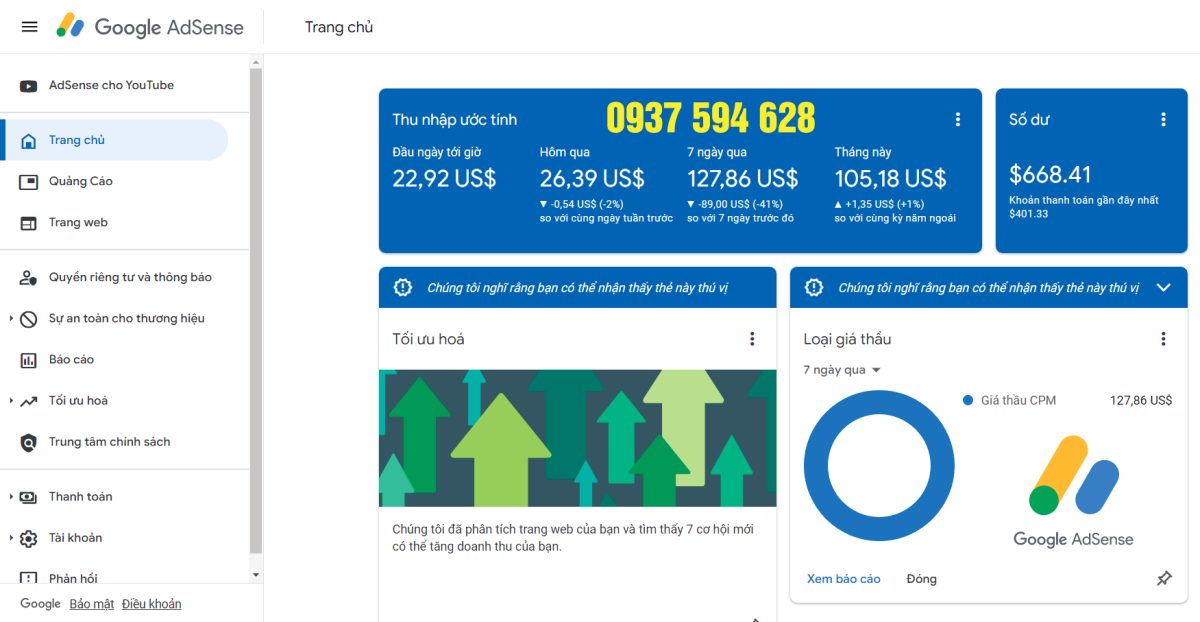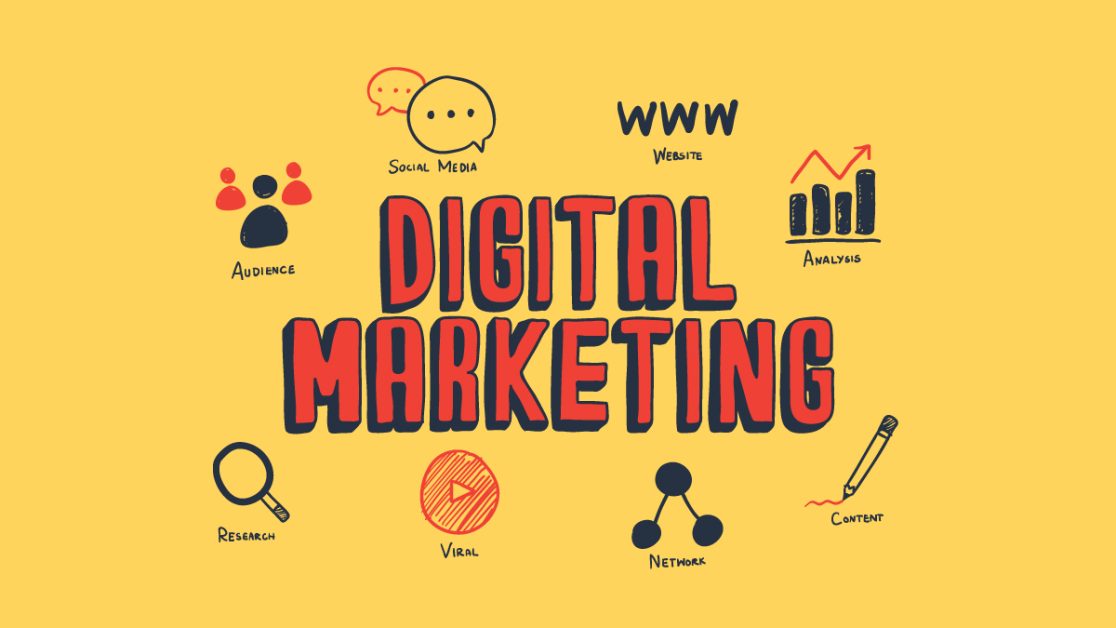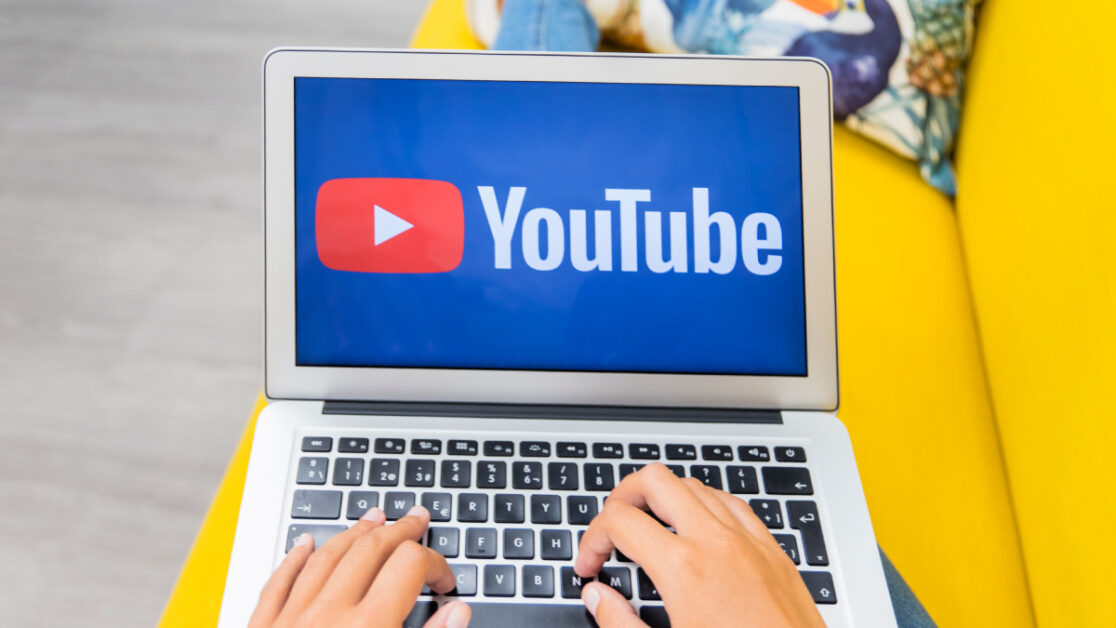
Starting SEO for your website involves several key steps to improve its visibility in search engine results and drive organic traffic. Here’s a step-by-step guide to help you get started with SEO:
- Keyword Research: Begin by conducting keyword research to identify relevant keywords and phrases related to your website’s content and target audience. Use keyword research tools like Google Keyword Planner, Ahrefs, or SEMrush to find keywords with a decent search volume and reasonable competition.
- On-Page Optimization:
- Title Tags and Meta Descriptions: Optimize the title tags and meta descriptions of your web pages to include target keywords and accurately describe the content.
- URL Structure: Create SEO-friendly URLs that are descriptive and contain relevant keywords.
- Headings (H1, H2, etc.): Use proper heading tags to structure your content and make it more readable for both users and search engines.
- Keyword Usage: Incorporate your target keywords naturally throughout your content, but avoid keyword stuffing (overusing keywords excessively).
- Content Quality: Create valuable, informative, and engaging content that addresses the needs of your audience.
- Technical SEO:
- Site Speed: Ensure your website loads quickly. You can use tools like Google PageSpeed Insights to identify and fix speed-related issues.
- Mobile Friendliness: Make sure your website is mobile-friendly, as more people use mobile devices to access the internet.
- Site Structure: Organize your site with a clear hierarchy and intuitive navigation to help users and search engines find content easily.
- XML Sitemap: Create and submit an XML sitemap to search engines to help them understand your website’s structure and index your pages more effectively.
- Local SEO (if applicable):
- Google My Business: If you have a local business, claim and optimize your Google My Business listing with accurate information.
- Local Citations: Ensure your NAP (Name, Address, Phone number) is consistent across all online directories and listings.
- Backlink Building:
- Earn high-quality backlinks from authoritative and relevant websites. Focus on creating exceptional content that naturally attracts links from other sources.
- User Experience (UX):
- Improve the overall user experience of your website. This includes making it easy to navigate, enhancing the readability of content, and optimizing for different devices.
- Social Media Presence:
- Engage with your audience on social media platforms and share your content to increase visibility and potential backlinks.
- Monitor and Analyze:
- Use tools like Google Analytics and Google Search Console to track your website’s performance, traffic, and rankings. Analyze the data to identify areas for improvement.
- Stay Updated:
- SEO practices and search engine algorithms evolve over time. Stay updated with the latest trends and best practices to maintain your website’s visibility and ranking.
Remember that SEO is an ongoing process, and results may take time to show. Be patient, consistent, and continuously work on optimizing your website for better search engine visibility.
MARKETING ONLINE
Ý Tưởng Đồ Án Tốt Nghiệp Ngành Marketing với Công Nghệ Tour VR 360
Đề tài không chỉ mang lại kiến thức chuyên sâu về marketing và công nghệ [...]
Th11
Giới thiệu khóa học kiếm tiền qua Google AdSense
Giới thiệu khóa học kiếm tiền qua Google AdSense chỉ cần có một website hoặc [...]
Th10
Từ A Đến Z: Các Thuật Ngữ Video Marketing Mà Bạn Cần Biết
Việc hiểu rõ các thuật ngữ chuyên ngành là điều vô cùng quan trọng. Bài [...]
Th5
VR 360 là gì? Marketing cho bất động sản, khách sạn, homestay, khu công nghiệp
VR 360, hay thực tế ảo 360, là một công nghệ tạo ra trải nghiệm [...]
Th2
Khóa học Digital Marketing BDS chỉ cần xem youtube Phan Hiếu Marketing Online
Khi nói đến "Khóa học Digital Marketing bds", mình hiểu là bạn đang quan tâm [...]
Th1
Thuật ngữ được sử dụng để mô tả các chiến lược marketing
Trong lĩnh vực tiếp thị (marketing), có nhiều khái niệm và thuật ngữ được sử [...]
Th10
How can i improve my seo performance?
Improving your SEO performance involves a combination of on-page optimization, technical improvements, content enhancements, and [...]
Th7
Why is knowing your target audience important?
Why is knowing your target audience important? Understanding your target market allows you to build [...]
Th7
Which meta tags are important for seo?
Meta tags play a significant role in SEO (Search Engine Optimization) as they provide information [...]
Th7
How many followers do you need to be an influencer?
As you grow your following, you may progress to become a macro-influencer with hundreds of [...]
Th7
What are digital marketing strategies?
Digital marketing strategies are a set of techniques and tactics used by businesses and marketers [...]
Th7
17 Key Factors to Boost Your SEO and Improve Website Ranking
Improving SEO (Search Engine Optimization) involves optimizing various elements of your website or content to [...]
Th7
How much money do you get for 1,000 subscribers on youtube?
The number of subscribers on YouTube does not directly determine how much money you will [...]
Th7
Do youtubers get paid monthly?
Youtubers generally get paid through the YouTube Partner Program (YPP), which allows them to monetize [...]
Th7
How do you know if a keyword is competitive?
Determining if a keyword is competitive or not involves analyzing various factors related to that [...]
Th7
What is an example of a consumer?
A consumer is an individual or entity that purchases goods or services for personal use, [...]
Th7
How to make money on YouTube?
Making money on YouTube involves building a successful channel that attracts a large audience and [...]
Th7
Concept of Needs, Wants and Demands in Marketing
In marketing, the concepts of needs, wants, and demands are fundamental principles that help businesses [...]
Th7
Strategies to Improve Your Company’s Online Visibility
An online visibility strategy refers to a set of planned actions and tactics aimed at [...]
Th7



















